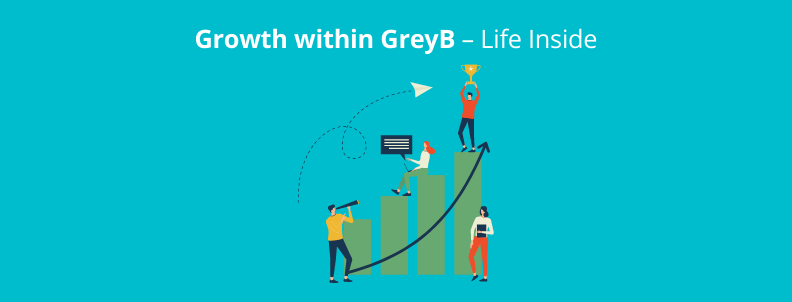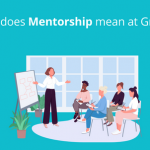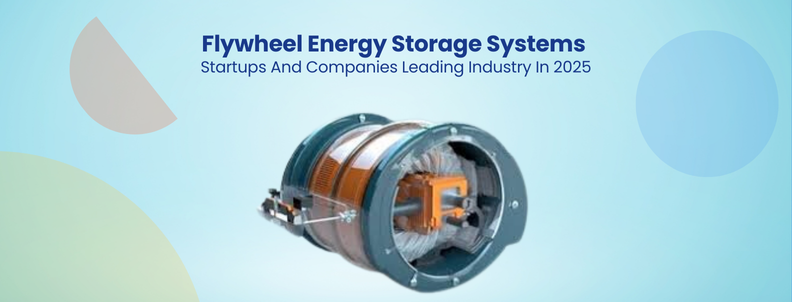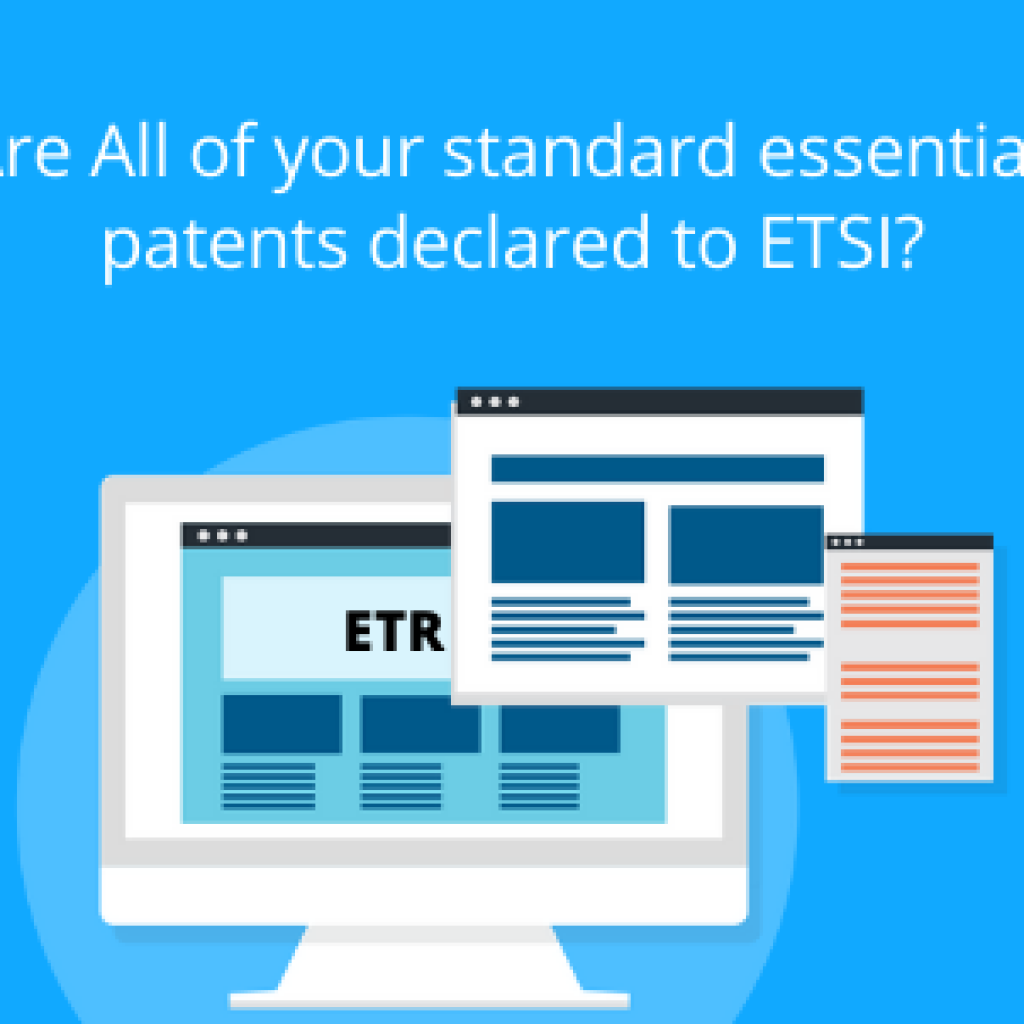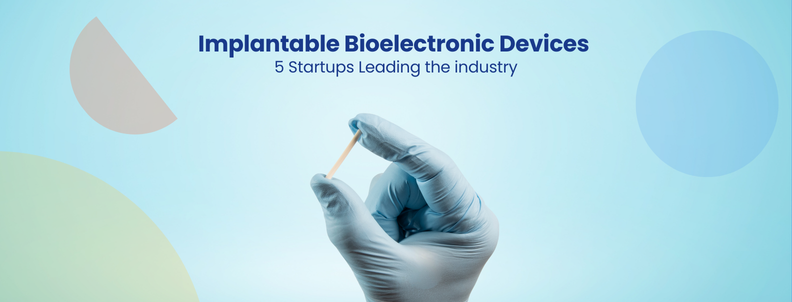How often have you been confused as to what the other person expects from you, be it your mentor, your manager, or your employer? How often have you racked your brains wanting them to blurt it out? No secrets, no sugar coats. Would it make everything easier right?
But have you ever thought about it from their perspective?
In one of our sessions with Deepak we found out how difficult it is to convey our expectations directly to our mentee. We have a clear understanding of their targets in mind. If only we had the right words to tell them too. Many describe it as a rather daunting task. So rather than conveying these goals, they resort to doing the tasks themselves. This hinders not only the mentor-mentee relationship but also their growth.
To solve this problem, Deepak asked us to make the team and jot down only three things we’d like our Mentee to do. And by giving a proper amount of thought to it, each person was finally able to put pen to paper. They only had 3 points, so they had to do the due diligence.
Let’s see how each of them found the top 3 things they’d want their mentee to do. (Mentees, bring out your notepads, you might wanna note some of these down!)

Avantika
Sr. Research Analyst
- If they start treating the project as their responsibility – keep track of updates and keep the PoC and mentor updated with the progress.
- If they start identifying the best possible solution for the case (in case of no tier-I) and can understand client queries, without requiring major input from my end.
- If they start self-reviewing (taking care of mapping, formatting, etc) any output (emails and reports) before sharing it with the mentor.

Sapna
Sr. Research Analyst
- Once a task is performed by a mentee, they should take note of all the errors and inputs that were provided by the mentor before sending the deliverable. They should try to incorporate these learnings while performing the same task again. A re-iteration of this process will surely help in improving the quality of work.
- Should proactively communicate (learnings, ideas, problems, red flags during a project).
- In case of problems, they should do some research trying to identify the root cause of the problem and then come up for discussion with the mentor to identify an appropriate solution.

Hanisha Arora
Application Security Er.
- Should be able to tear down atleast one tool – is creative, and have critical thinking to find loopholes (without knowing code) in what developer would have missed while coding
- Come up with an executable plan for one tool where developers can add testing themselves – so that he grows together with the team.
- Can identify the way of testing for them – Researching what all testing exists, which will have questions like : why are they done, what is for them to do, etc. Hence, be able to answer “how will I test a tool?”

Sabarna Chaudhary
Sr. Research Analyst
- Understanding the scope of the project properly (Client requirement, technology-based Understanding)
- Proactive communication (Flag everyone when the project is not in the right track, periodic update of the task, no assumptions during analysis)
- Should capture all relevant Patents/papers from the prepared key strings (Required Minimal removal or addition of keywords and classes in the key strings)
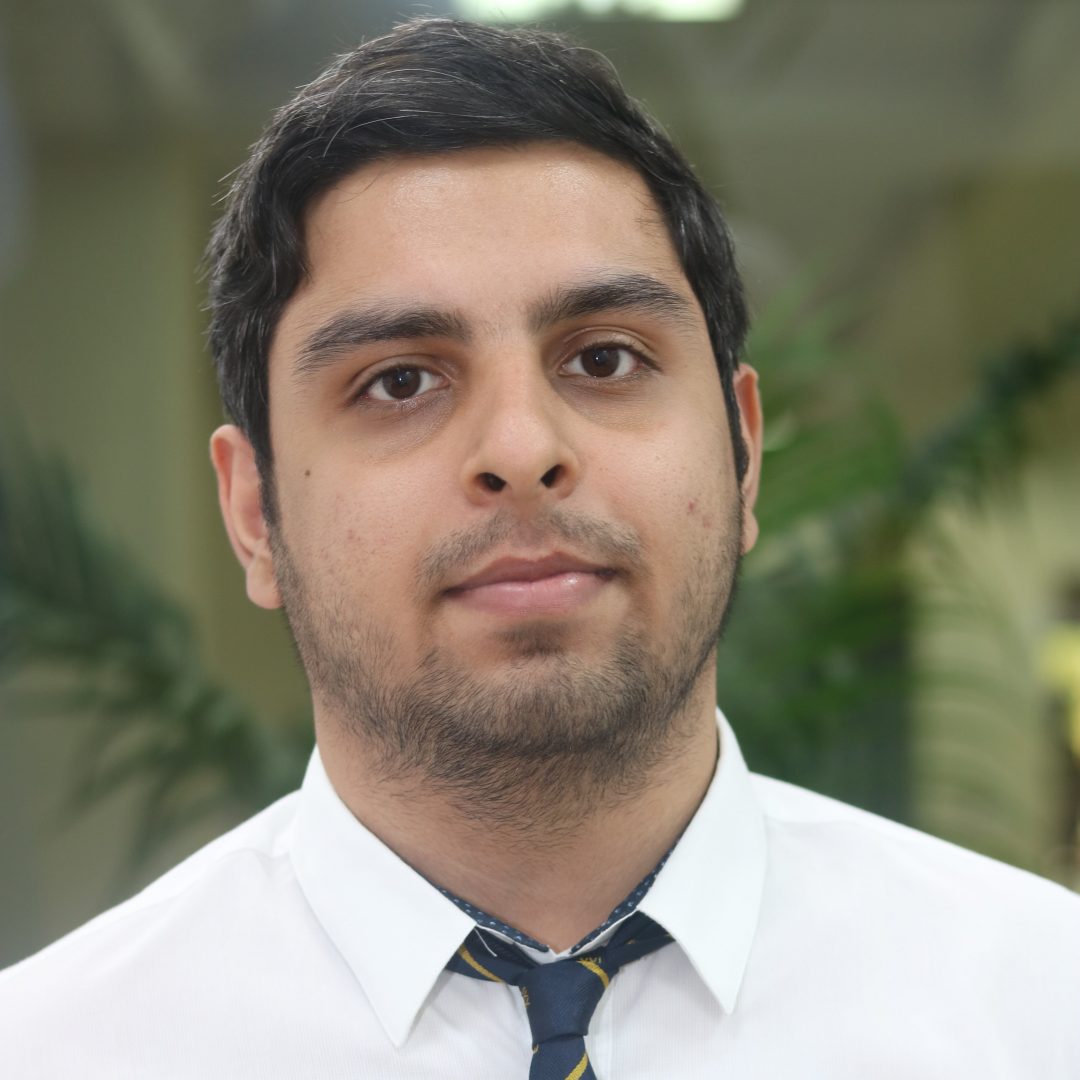
Prateek
Sr. Research Analyst
- Should think independently – works on the project independently (incorporate past feedback in projects, come up with search ideas/strategies, should not miss results, tries to explore as many things as possible before soliciting help from others)
- Be a team player – helps elevate others’ skills (if a person is good at preparing claim charts, they should pass on the knowledge to help their teammates) and provide support in time of need (when others are stuck in their work, provide solutions/help to the best of their capabilities)
- Should not treat the project as a task – address the problems plaguing the end client rather than just submitting a report (try to understand why the client wants to get a project done and use that information to portray the output/report)

Sahil Kapoor
Software Developer
- They should not panic when stuck in a situation and look out for the available solutions before reaching out to me.
- They should be able to pick up conversations with the team and clients and can express themselves in a better way. Their thoughts should not be abstract to the listeners.
- They should be curious about the new technology and must constantly learn how we can make our tools better by using the latest technology and solutions.

Kartik
Sr. Associate- Client Engagement
- They should reply to the client smartly after understanding the email (They are able to answer the client’s questions) – they can do this by reading the email multiple times.
- They should be in touch with their prospects and be recognizable (make sure client responds to their emails)
- Should have a quick response – be able to acknowledge the email/chat in an hour, even if they are not available at that time, just convey.

Pratyush
Sr. Research Analyst
- Maintain a document of relevant info identified during the search and draw a proper conclusion for the search.
- Share the reports on time with minimal changes needed in them. Also, highlight any observations – positive or negative actively so that any delay or change in the plan does not happen at the last hour.
- Actively think of possible next steps for the project. I should not be the only one thinking about this.

Oorja
Marketing Associate
- When working on a project or writing task, they attempt to do something that is beyond the ordinary.
- A good writer- writes in the way they are expected to when writing on behalf of the company.
- Has done thorough research on the clients they are writing for.

Sayani
Sr. Research Analyst
- They should know “when to send an update?”, “what to send in an update?” during a project. Does critical thinking.
- While reviewing an update, I check things like formatting, a crisp summary of results, correct interpretations of all the elements, sync between update and email, etc. So, if such things are in place, I will have to spend less time on the review.
- They should be able to communicate well and often. Whenever facing any problems, they should update the stakeholders, so that I don’t need to oversee everything.
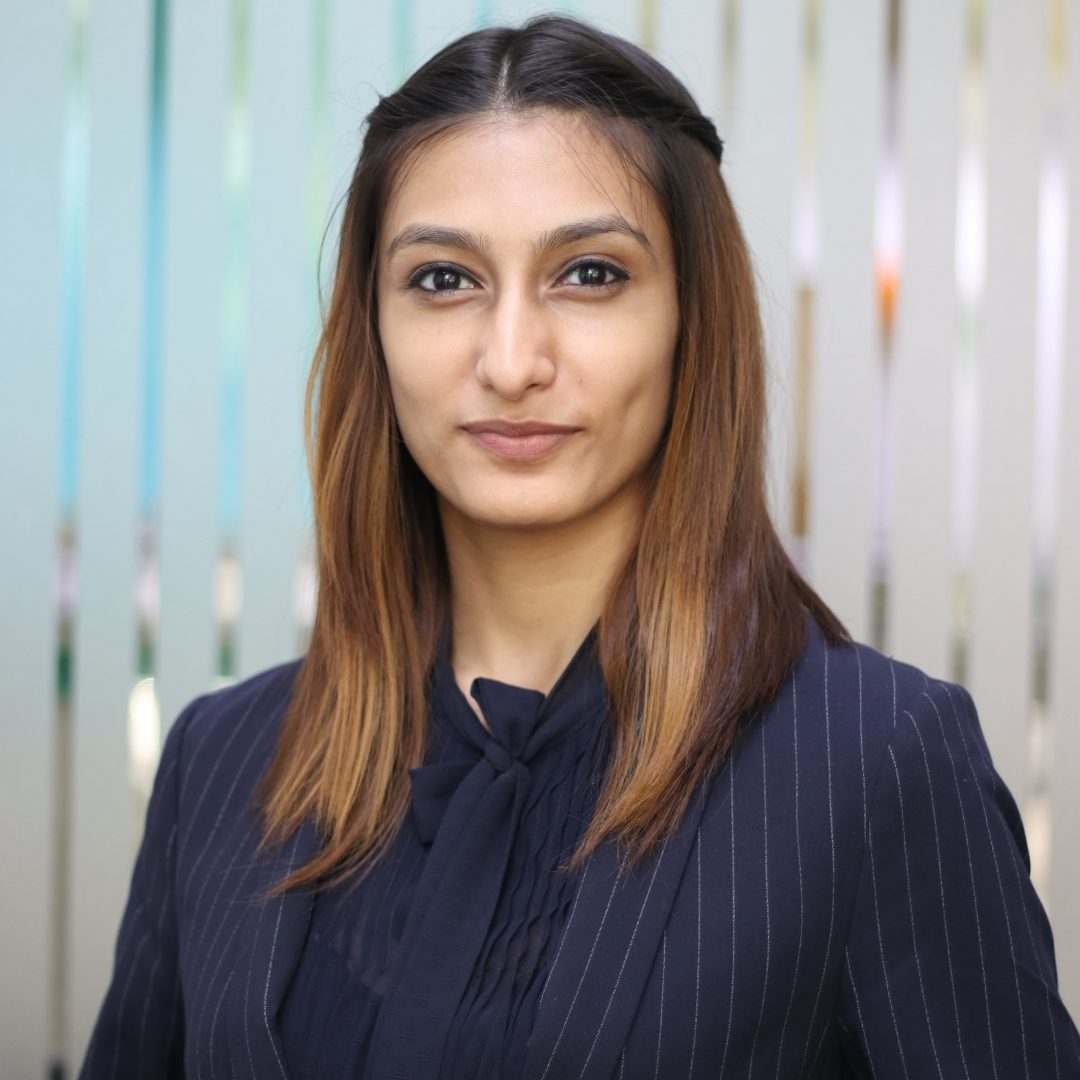
Ayushi Roy
Sr. Analyst at IP Monetization
- Anticipate the delays or changes in the plan of the task and/or updates. And inform the mentor beforehand.
- Making a daily plan and following it. This would help in sharing updates on time with the client instead of having to sit late and work on updates.
- Knowing the end objective of the client, while researching he/she should identify information that could be helpful for the client to reach closer to their objective or help us in improving our strategy for achieving the same.

Subham Roy
Sr. Research Analyst
- Mapping of prior-art or system prior-art with target patent should be technically correct (technically correct means they should stick with the technical pointers or explanations that we did during the understanding discussion and map accordingly. Explanation or interpretation of the key terms in a claim should not change during the course of the project).
- The summary of the results is written in a crisp manner. Reporting is flawless (flawless means no formatting error).
- They should be able to find the best results, without missing any, and be able to target concepts in multiple directions.
- Should be comprehensive in writing the journey of how they reached the prior art, mention things that need to be taken care of by the client. Mention the next steps at our end. Sharing search observation emails will be an add-on.

Saurav
Sr. Associate- IP solutions
- Whenever they face a roadblock, they do not come to me without at least trying to solve it themselves.
- Be more independent – I do not have to review every email (excluding the complex or important ones). This will be possible when you think of yourself in the shoes of the client and draft the email which covers the client’s motivation behind the proposal and how your proposal is helping him achieve it. This is the value we are giving to the client.
- Whenever they are given a task, they do not just execute it without knowing what is the importance of this task. They ask me the objective (and importance) and then only work on it after having a clear idea of what is expected of them. It also includes preparing a deck for a client or drafting a proposal.

Ajneesh
Sr. Research Analyst
- No offsets in the understanding of SP/Results.
- Clear communication. The message should be conveyed clearly to the other end. Some things that can be done: regularly keep the stakeholders updated, give accurate time estimates for tasks at hand, and don’t over-promise (pass on the status of the project accurately and honestly without hesitation).
- Thoughts are conveyed clearly in the email. Think from the point of view of the client. Clients are generally very busy, so, practice conveying the most important information first and keeping the technical summaries crisp (mention whether novelty is present or not, mention the missing elements, and highlight the part which needs confirmation from the client). Try to make the emails more readable (easier to navigate) by using bullet pointers, Anchor (headings), highlighting the part that is more important and where inputs are needed from the client.
It’s not always easy to convey targets for mentors and managers either. But it is necessary for both of them to better understand and communicate. Only then can their relationship and career grow. So, rather than fearing the conversation, try and jot down the priority tasks and goals you think your mentor is expecting from you and then talk to them on how you can be their best fit.

